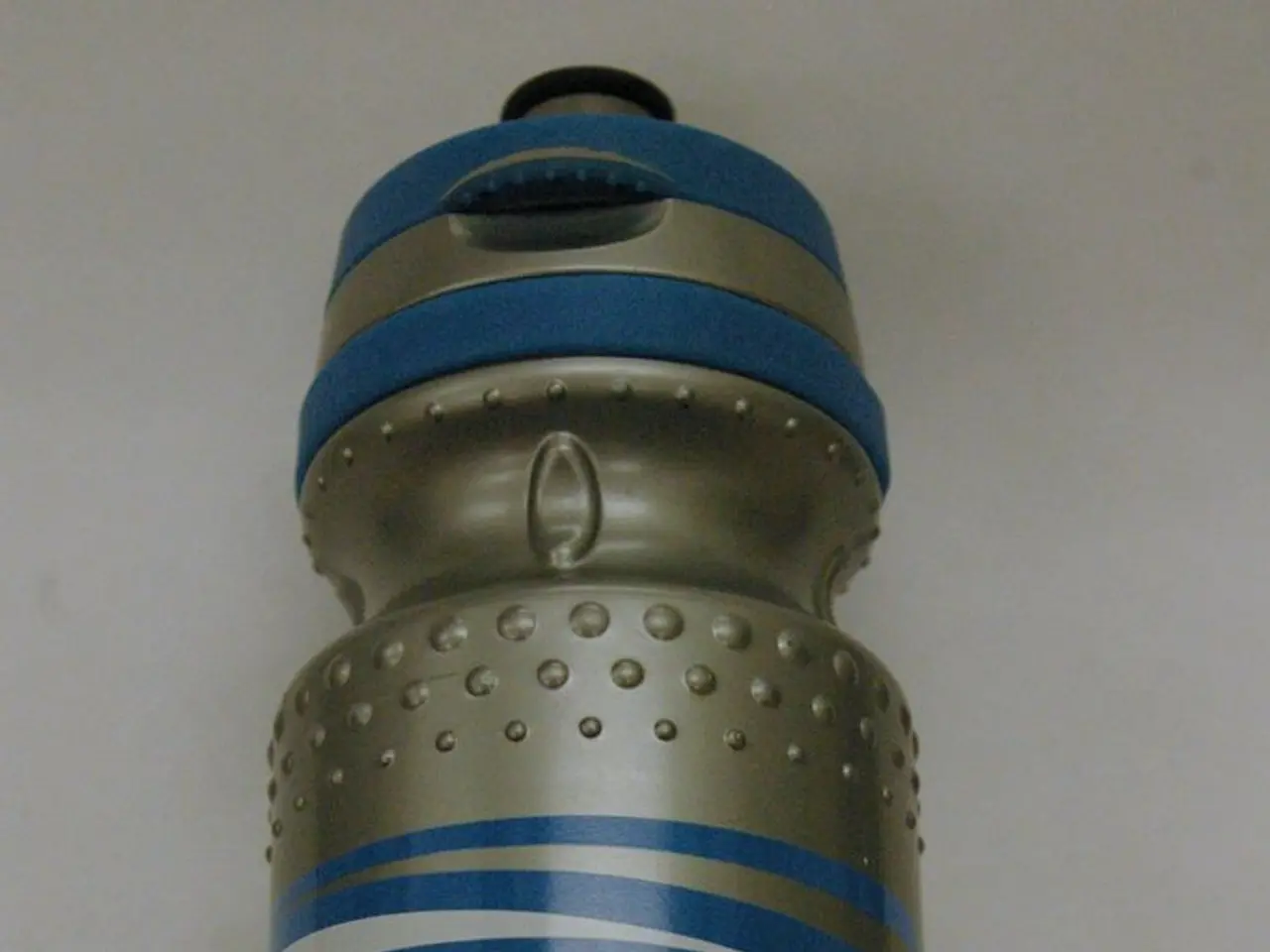Top-Notch Teas to Ease Menopause discomforts
New research suggests that certain herbs found in menopause teas may offer relief from symptoms associated with menopause. Here's a look at some of the key herbs and their potential benefits, as well as any potential risks to consider.
Red Clover
Red clover contains isoflavones (phytoestrogens) like biochanin A and formononetin, which mimic estrogen and have been shown to significantly reduce the frequency and severity of hot flashes and night sweats in menopausal women. It is considered a promising natural alternative to hormone replacement therapy (HRT). However, more research is needed to fully understand its long-term effects.
Ginseng
Ginseng is another herb that has shown promise in reducing hot flashes, night sweats, and even improving sexual function and bone health in postmenopausal women. It may also lower cardiovascular risk. However, ginseng can interact with various medications (e.g., blood thinners, heart meds) and cause side effects such as jitteriness and headaches.
Chasteberry (Vitex agnus-castus)
Chasteberry is known for its ability to increase progesterone, helping to balance estrogen and progesterone during menopause. It may help with breast pain and hot flashes during perimenopause. However, it should be avoided if taking hormone therapies or medications for Parkinson’s, and in hormone-sensitive cancers.
Black Cohosh
Black cohosh exhibits estrogen-like and serotonergic effects, reducing hot flashes, mood swings, and anxiety. It also has antioxidant properties potentially lowering cardiovascular disease risk. However, long-term use may increase the risk of developing cardiovascular disease.
Maca
Maca is known for its ability to alleviate nervousness, mood disorders, anxiety, depression, and promote sexual wellbeing during menopause. It is seen as balancing hormones without direct estrogenic effects.
Wild Yam
Wild yam contains diosgenin, a precursor hormone compound with estrogenic activity, traditionally used to relieve menopause symptoms and muscle spasms.
St. John’s Wort
St. John’s Wort is mainly used for mood support and may reduce menopausal psychological symptoms such as hot flashes and mood swings, and enhance vitality.
Lavender and Chamomile teas
Lavender and chamomile teas have shown potential benefits for anxiety and depression in postmenopausal women, but more robust data is needed.
Word of Caution
While these herbs offer promising complementary options to conventional menopause treatments, it's important to note that scientific studies have not yet proved that any herbs effectively manage menopause symptoms. Additionally, the safety of menopause tea depends on the ingredients used, and there is a risk of side effects and drug interactions. It is important to carefully review ingredients before using menopause tea and to speak to a doctor about possible side effects and medication interactions before trying a menopause tea.
The North American Menopause Society recommends lifestyle changes such as quitting smoking, being physically active, eating a balanced diet, maintaining a moderate weight, managing stress, and controlling blood pressure as alternatives to HRT for managing menopausal symptoms.
In conclusion, while some herbs like red clover, black cohosh, ginseng, and maca have supporting clinical data for symptom relief and safety, each has specific contraindications or potential interactions, especially with hormone therapies or certain medications. Consultation with healthcare providers is advised before use.
- Red clover, with its isoflavones like biochanin A and formononetin, may offer relief from hot flashes and night sweats in menopausal women, serving as a promising natural alternative to hormone replacement therapy (HRT), but more research is needed to understand its long-term effects.
- Ginseng, known for reducing hot flashes, night sweats, and potentially improving sexual function and bone health, could also lower cardiovascular risk, although it can interact with various medications and cause side effects.
- Chasteberry, which increases progesterone, may help balance estrogen and progesterone during menopause and alleviate breast pain and hot flashes, but should be avoided in certain medical conditions and hormone therapies.
- Black cohosh, with its estrogen-like and serotonergic effects, reduces hot flashes, mood swings, and anxiety, but long-term use may increase the risk of developing cardiovascular disease.
- Maca, which alleviates nervousness, mood disorders, and promotes sexual wellbeing during menopause, does not have direct estrogenic effects.
- Wild yam contains diosgenin, a precursor hormone compound with estrogenic activity, traditionally used for menopause symptoms relief, but safety and effectiveness in managing menopause symptoms are yet to be fully proven.




